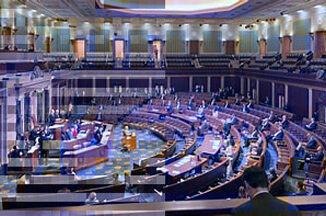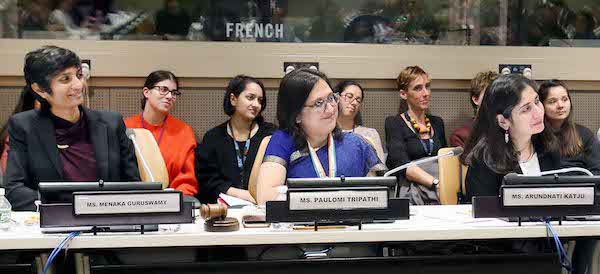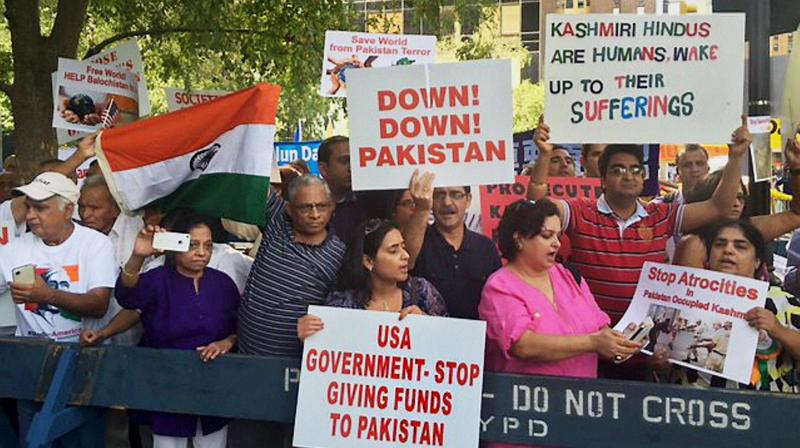
The timing of North Korean leader Kim Jong-un’s visit to China, his first foreign trip after assuming power in 2011, is not lost on anyone. After travelling to Beijing this week in an armored train, he held talks with Chinese President Xi Jinping and re-emphasized his commitment to the “denuclearization” of the peninsula, weeks before his scheduled April 27 summit with South Korean President Moon Jae-in. In May, Mr. Kim and U.S. President Donald Trump are expected to meet for a historic summit. By visiting Beijing now, Mr. Kim is sending a clear message: that he is serious about his offer of talks. The visit has also helped repair relations between Pyongyang and Beijing, which had come under some strain. China was not particularly happy with the North’s nuclear tests. Mr. Xi was under pressure from the West to exercise influence on Mr. Kim’s regime. And Beijing’s support for stringent UN sanctions on North Korea that have cut its exports of coal, seafood and other goods to China has dealt a blow to its already isolated economy. Mr. Kim reportedly rejected overtures from Beijing and purged officials who had close ties with the Chinese. But now, both leaders appear to have decided to set aside their differences.
China has historically played a role in inter-Korean relations. In 2000, Mr. Kim’s father and predecessor, Kim Jong-il, had visited China shortly before a summit with South Korea. In 2003, China launched the Six-Party Talks aimed at peacefully resolving the North Korean nuclear crisis, which eventually failed. Mr. Kim’s visit to Beijing has reinstated China’s central role in talks over the Korean crisis, which both countries see as mutually beneficial. For the Kim regime, China’s experience and guidance could come in handy when it is preparing to engage with two of its biggest rivals. China, for its part, would not like to be bypassed by the U.S. and the North in any diplomatic process. If the Kim regime’s fundamental objective is its own survival, China’s interest lies in a peaceful resolution to the crisis in a stable political environment in its neighborhood. This enables convergence of interest for both in the diplomatic process. But there is still much uncertainty over the peace process. Mr. Trump may have agreed to meet Mr. Kim. But since then he has inducted into his team two officials with hawkish views on North Korea — Mike Pompeo as Secretary of State and John Bolton as National Security Adviser. As of now, it is anybody’s guess what the U.S. would do next if the Trump-Kim summit fails to produce a breakthrough. In such a volatile context, robust multilateral intervention would be needed to stay the diplomatic course. The Xi-Kim meet could be a step in that direction if China agrees to be a balancing force and a facilitator of talks between the North and the U.S.
(The Hindu)





Be the first to comment